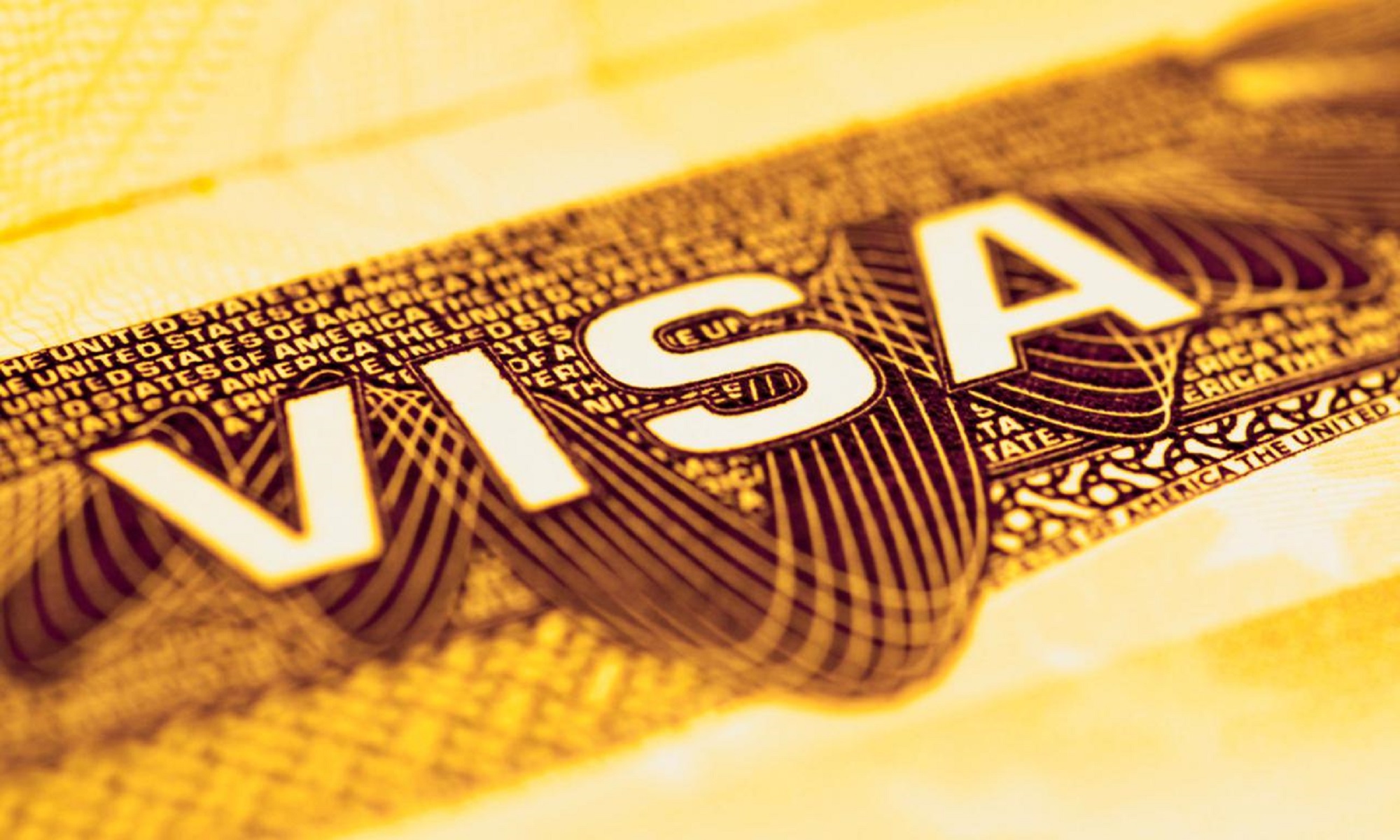
You can only add your core family members of your non-EU spouse when applying for their residency permit.
Most countries in the European Union do not automatically grant residency to non-EU relatives but fortunately, there are legal ways and procedures available for you if you want your extended family members to reside in Europe.
In this guide, we intend to reveal all the documents and requirements for non-EU family members to come and reside with you in any EU nation of your choice. By the end of this guide, you should be able to file for a residency card for your family members to live and work in Europe.
Immigration requirements for non-EU family members
First off, you should to that your non-EEA family member must possess a residence card if you want them to come and live with you in any EEA country.
European Economic Area citizens have the right to freely live and work in any EEA country of their choice, these rights can also be extended to some family members even if they’re foreign nationals of countries outside the EU. You non-EU family member must possess a residence card to enjoy his freedom of movement as a relative of an EU national.
Before you can be issued an EU residence card, you must be the spouse or a registered partner, child of the non-EU spouse under the age of 21, or direct relatives of the third-country spouse that depends on him/her for financial or health reasons.
If you meet any of these conditions, you can apply for a residency card and be on your way to Europe.
There are some countries in the EU and Schengen area that allows the non-EU family member to reside and work without a visa and permit. Depending on the country you plan on residing in with your non-EU family member may not need to possess a visa or residence permit to live with you.
Your non-EEA family member will not need an entry visa if
- They have a residence card issued by any country in the European Union other than the country your EU spouse.
- If your residence card was issued in a Schengen area country and your non-EU family members are traveling to a Schengen area country.
- Their residence card was issued by a non-Schengen country and you are traveling to a non-Schengen country.
- Their residency card was issued by a non-Schengen country and you are traveling to a Schengen country
- Their national residence permit was issued under national rules by a country in the Schengen area and you are heading to a Schengen country since they unilaterally recognize certain documents as their national visas.
- You will not need a visa if you are traveling with an EU national to Bulgaria, Romania, Croatia, Cyprus, Ireland, and the UK (Visa-free travel may change due to Brexit).
Your non-EU family member will need an entry visa if
- If you are heading to Switzerland with your non-EU family members residence card issued by a non-Schengen area country.
- They don’t have a residence permit as an EU national family member.
- If you are traveling to Ireland or the United Kingdom.
- If you are traveling from the United Kingdom or Ireland to a non-Schengen country.
- Your residence permit was issued in a non-standard format and published in the Public Register of Authentic Travel and Identity Documents.
Just in case you still don’t understand, you can look up real-life scenarios generated by Europa.eu here.
Your non-EU relatives must have a valid passport at all times and check if they qualify for visa-free travel before applying for a residency card. You should contact the consulate or embassy of the country you are traveling to for more information.
How to apply for an entry visa for your Non-EU relatives
If your non-EU relatives need an entry visa to reside with you then, they should apply in the consulate or embassy of the country they plan on traveling to. If you would be traveling with them, their application would be processed faster and free of charge since you have a residence permit.
If they are applying for an entry visa as a family member of a mobile EU citizen on their visa application form, they will not be required to pay any application fee. If not they may be issued the wrong visa and charged for it.
You non-EEA relatives must bring the following documents to complete their visa application:
- A valid passport
- Proof of proving ties with the EU citizen (marriage certificate, birth certificate…)
- Proof that the EU citizen is living in the host country (if they are joining them)
- Proof of dependency
How to apply for residence cards as a non-EU family member
You can apply for a residence card by mail, physical registration, or by downloading the application form of the country you plan to reside in. Application for an EU residence card is free of charge.
Each family member both adults and children, should apply and obtain their card individually.

